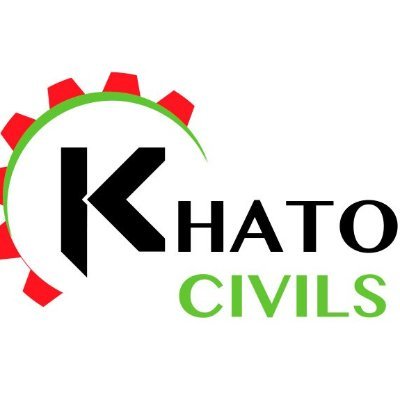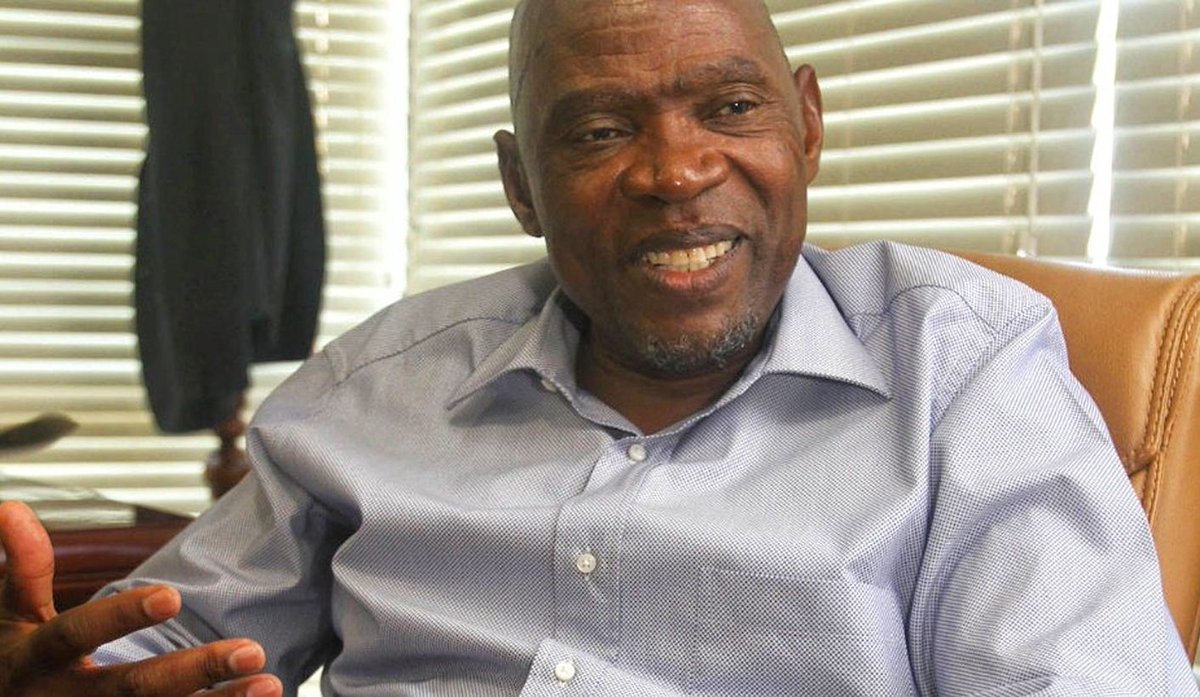-
 Mulaudzi files R5bn claim against the state
Mulaudzi files R5bn claim against the state
-
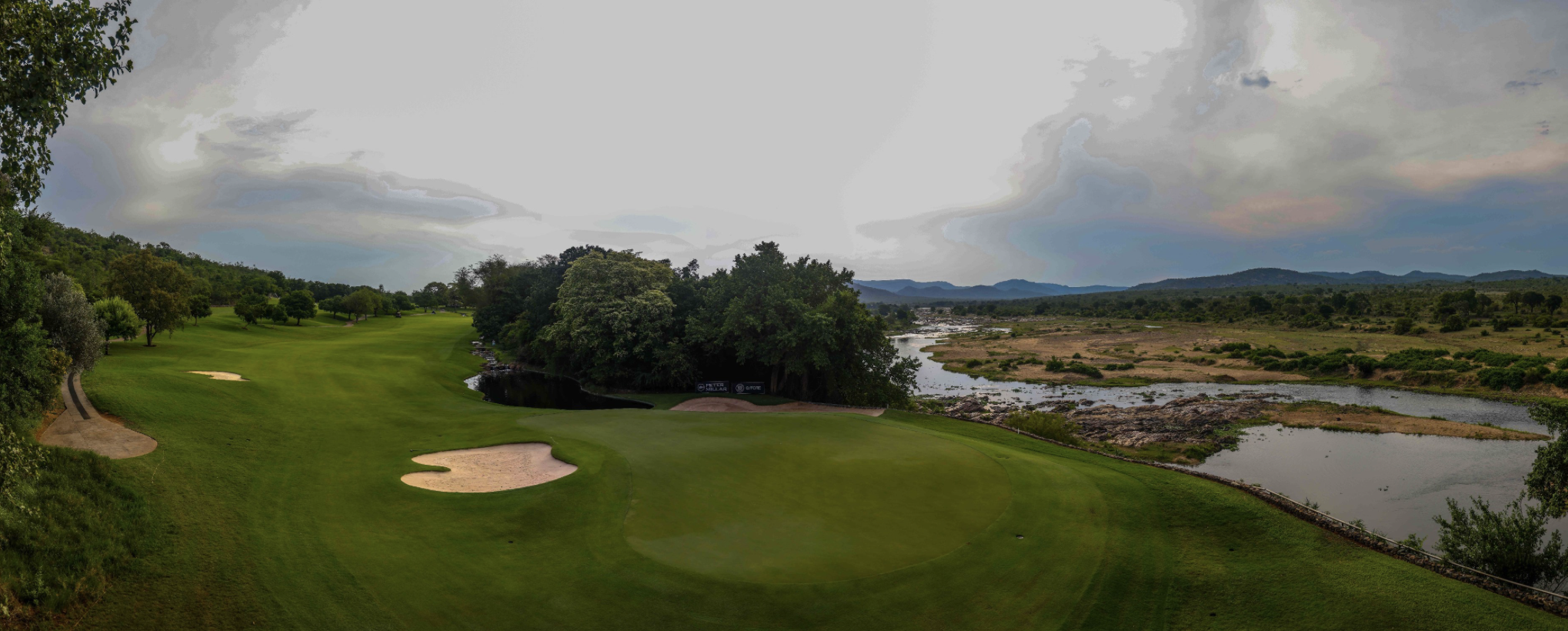 Evaluation Board reinstates disputed value on Rupert’s Mpumalanga property
Evaluation Board reinstates disputed value on Rupert’s Mpumalanga property
-
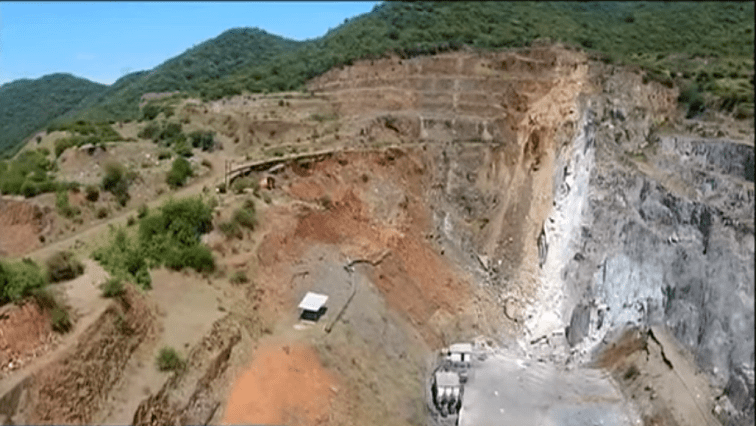 Arqomanzi accused of delaying Lily Mine sale because it’s eyeing R141m profit from loan claim
Arqomanzi accused of delaying Lily Mine sale because it’s eyeing R141m profit from loan claim
-
 Matric cheating rocks Mpumalanga once again
Matric cheating rocks Mpumalanga once again
-
 Mvianga dismisses Royal Bafokeng’s response to his court application
Mvianga dismisses Royal Bafokeng’s response to his court application
-
 ANC denies ever raising funds from City of Matlosana
ANC denies ever raising funds from City of Matlosana
-
 ‘SA must boycott the World Cup’ – Malema
‘SA must boycott the World Cup’ – Malema
-
 Transnet loses third court battle and ordered to pay R60m to Gijima
Transnet loses third court battle and ordered to pay R60m to Gijima
-
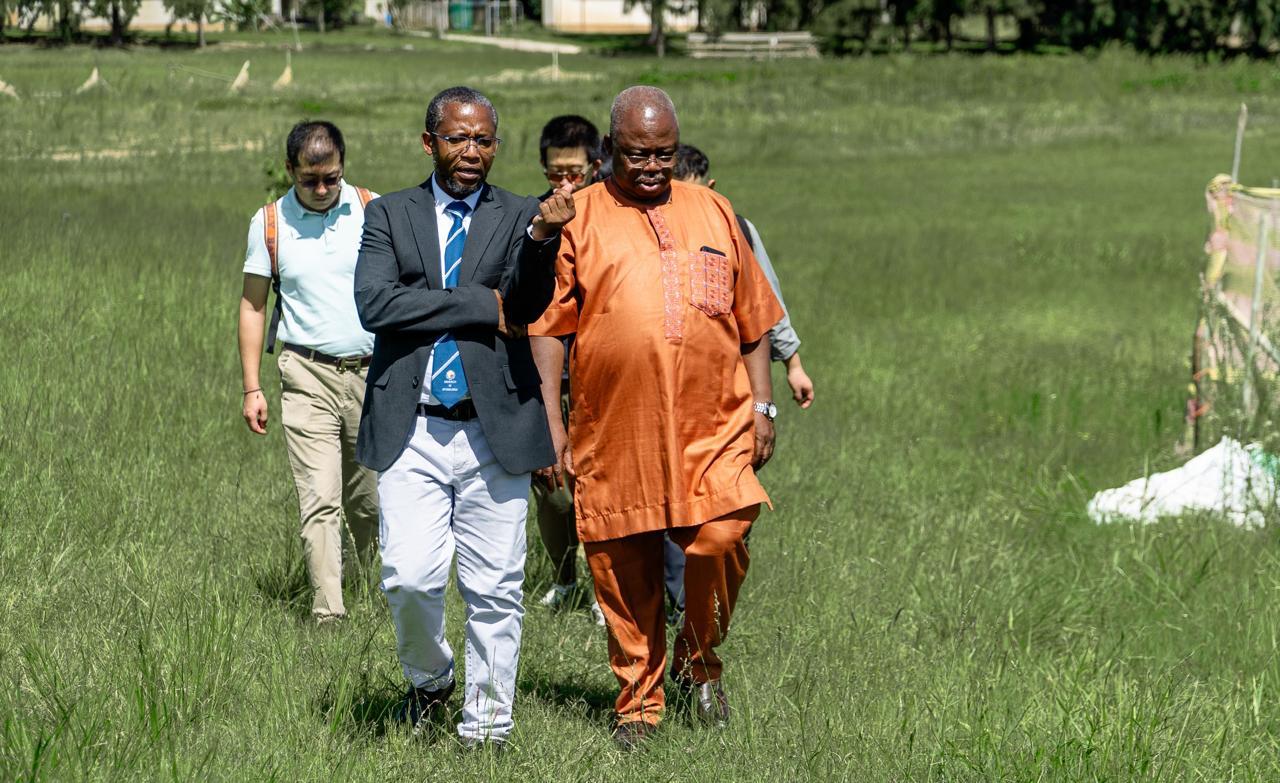 UMP’s ambition to position SA as a leading rice exporter
UMP’s ambition to position SA as a leading rice exporter
-
 Polokwane mayor’s gobbledygook on R41.2 million refund to developer
Polokwane mayor’s gobbledygook on R41.2 million refund to developer
Khato Civil’s African dream
SPONSORED CONTENT
South African company, Khato Civils, is aggressively penetrating the African market and looking to expand into different countries in the long and short term.
The company’s expansion ambitions are informed by the African Continental Free Trade Area Agreement and the potential in water and sanitation projects in most countries. Khato Civils and its sister company, South Zambezi, have developed in-house capacity to undertake projects in strategic countries within the continent and have also established a fully-fledged Roads Unit that specialises in road design and construction as they diversify their services.
Khato Civils is a Grade 9GB, 9CE, 9ME, 9EP construction company with multi-racial work force of the country’s best civil engineering personnel. The company prides itself with a track record of starting high profile and complicated civil engineering projects from scratch and completing them successfully.
“In order to broaden our experience, we work with other experienced contractors as joint venture partners/subcontractors in other projects, and this is not unusual in this industry,” said Khato Civils CEO, Mongezi Mnyani.
The company aspires to be a major joint venture in construction and engineering design in Africa that sought after for its quality, innovation and focus to help support the development of world class infrastructure.
Mnyani said that Khato Civils was actively pursuing the policy of African Renaissance by stimulating and promoting local communities to adopt the spirit of entrepreneurship so as to uplift themselves.
He said that Khato Civils and South Zambezi had a proven track record for service excellence, covering the full spectrum of services.
BOTSWANA EXPANSION
Mnyani, said that the company had already established itself in Botswana where it has finished major projects such as the P900 million (R1.169 billion) emergency water pipeline project in record time and at less than half the cost during Covid-19 lockdown.
The pipeline supplies water to Gaborone and surrounding villages and has become one of the reliable source of water.
Khato Civils and South Zambezi JV has won another P1.1 billion (R1.5 billion) contract to construct the largest water treatment plant in southern Africa, the Mmamashia Water Treatment plant.
The plant aims to treat 110 ml of raw water per day and will add 74 million litres of water per day in Gaborone, and surrounding areas.
Mnyani said Khato Civils has been awarded projects in Malawi, Zimbabwe, Zambia and Ghana. “We have built offices in Botswana and Malawi and we will be building one in Zambia,” Mnyani said.
FURTHER GROWTH AND NEW CONTRACTS
· In Malawi, Khato Civils (Pty) Ltd / South Zambezi (Pty) Ltd JV is about to move into construction phase of a water project worth US$313.5 million (R5.7 billion). The site establishment has commenced, and mobilisation of key resources required for the project is almost complete at 95%. The actual construction of the pipeline, treatment plant, reservoirs and pumpstations is expected to resume before the end of the year.
The JV was awarded the Lake Malawi Water supply Project contract in 2016. The detail designs, feasibility, environmental and social impact assessment studies for the project have been completed and approved by relevant authorities.
The JV is mandated to construct a 125km pipeline to draw water from Lake Malawi to feed the ever-growing capital city, Lilongwe, and surrounding areas.
· In Zimbabwe, Khato Civils (Pty)Ltd was awarded tender to conduct feasibility study for the construction of a three-lane stretch of a 900km user-pay system (toll) road from Beitbridge to Victoria Falls in Zimbabwe. The pre-feasibility was done and submitted to the government of Zimbabwe for further processing.
The road holds international importance in the network serving South Africa, Zimbabwe, Botswana, Zambia, Namibia, Angola and the Democratic Republic of Congo.
This project is expected to cost about $2 billion. This upgrade is expected to increase tourism and commercial traffic volumes.
· In Ghana, Khato Civils has been awarded a tender to construct a feasibility study for the construction and upgrade a six-lane stretch of a 246km road from Ghana’s capital, Accra, to Kumasi, which is notorious for fatalities at $2.9 billion. The road carries 34 000 vehicles a day and links Ghana to Tema Harbour, and its land-locked neighbours Burkina Faso, Mali and Niger. The pre-feasibility and other key studies have been done and concluded and submitted to the Ministry of Roads and Highways for their further processing.
BUSINESS WITHOUT BORDERS
Khato Civils Executive Chairman, Mr. Simbi Phiri, said that the company’s focus was on water and roads projects for now.
“Water and sanitation is without a doubt the main area that will boom in Africa in the short term future. If you look at big cities like Accra, their biggest issue is water and sanitation. The same applies to other cities like Lagos and Kinshasa with power and roads coming a close second. We focus mostly on water and sanitation as well as roads and infrastructure development because we know how dear these issues are in our countries,” Phiri said.
He said that the African Continental Free Trade Area Agreement gave companies an opportunity to have a business without borders and laid to rest some of the restrictions that were imposed by colonial legacies of the past.
Phiri said that the agreement also gave Khato Civils a chance to compete with multinational companies.
“We can now go into areas without worrying about Portuguese or francophone protocols being a barrier. Another big plus is that fellow Africans will see an African-owned organisation like us that is well organised and accomplished and our success will rub on them,” he said.
“Overall, the trade agreement provides a platform where better African companies can set the marker for the rest to follow and catch-up.”
Phiri concluded by saying that, ever since its establishment, Khato Civils had a proven track record for service excellence and was confident that the company can execute any type of project without fail and within the required time frame.

